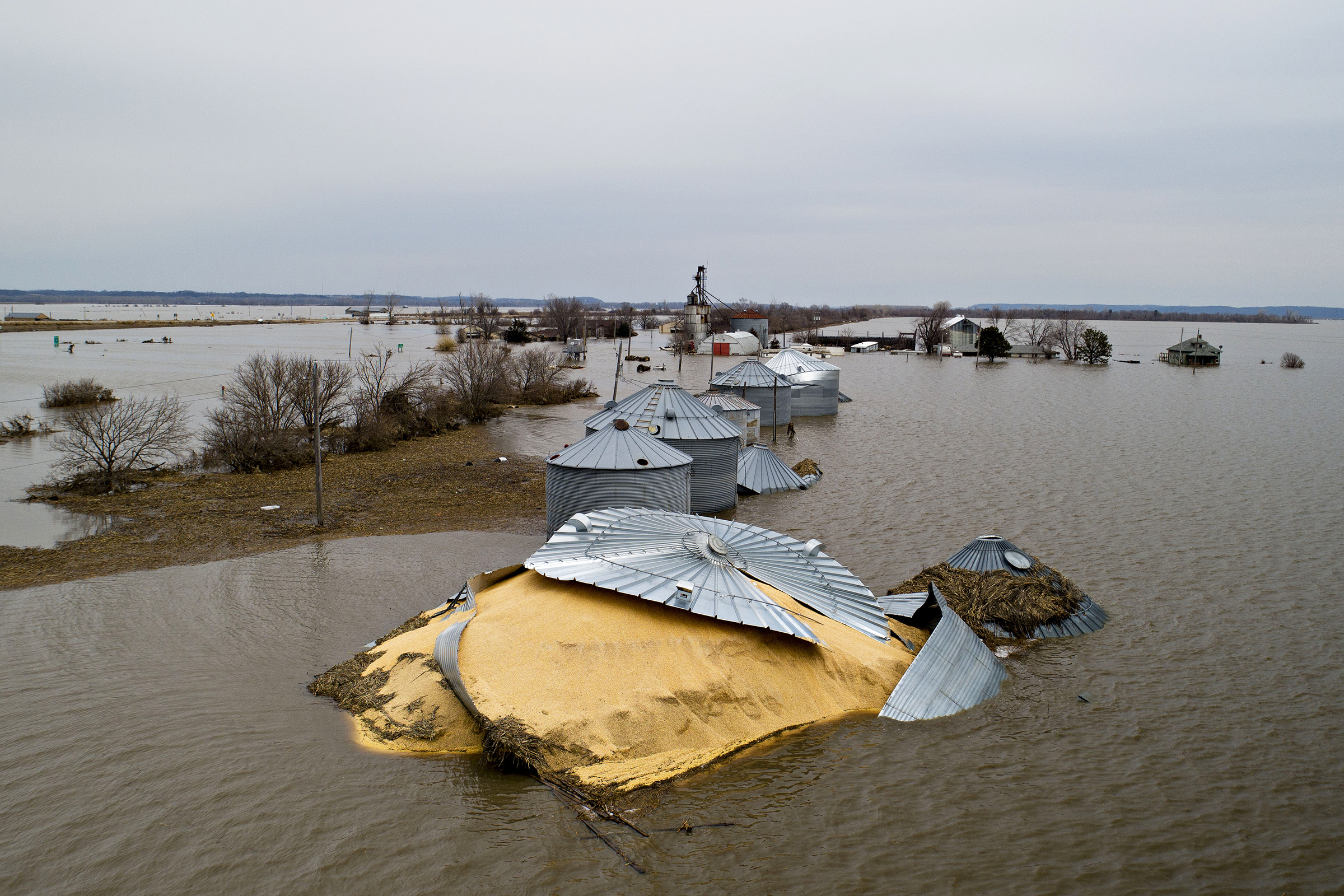
Daniel Acker—Bloomberg/Getty Images
by Manoj Kumar 23 February 2020
Recently concluded Delhi Assembly Elections has symbolized the victory of ‘politics of performance’, the winner Aam Admi Party campaign was based on social welfare factors relating to common man namely water, electricity, education, health etc., but what all the contesting parties missed was the issue of pollution/climate change. Though there were some feeble narrations of reducing pollution in city of Delhi in manifestos and campaign but it was not one of the pivots of political narratives.
The importance of political narrative in this local body election in Delhi was due to the fact that the city is one of the worst victims of air pollution in the world; although it consists of elites, policy makers, statesmen who all affects the public sentiment of whole country to large extent. Delhi’s common man is the worst affected by pollution, in addition to health issues the air pollution also seriously impacts social and economic life of citizens. The magnitude of problem can imagined from the fact that the government has to declare health emergency in November 2019 owing to dangerous levels of air pollution. Delhi is also fast becoming victim of climate change with prolonged heat waves in the last ten years, and subsequent rise of humidity levels due to which city is recording rise in cases of vector borne diseases. In spite of these instances of adverse climatic conditions which is impacting all, the issue has largely been considered fit to discussed in seminars by intelligentsia and it is considered the sole responsibility of government concerned. The climate issue is still not identified a critical factor of healthy human survival and its productivity. Even the role of civil society in improving the climatic conditions is not addressed and calibrated to the expected level. The solution whereas is based on the realization and association of all the stakeholders of society on the impact of adverse climate change. The solution is based upon the level of awareness of all concerned, in developing countries that awareness level can be effectively improved by building public opinion for it.
The political narratives for climate change have the potential to raise the level of awareness, democratization of problem, influencing the policy making and in making firm plan of action. Political narratives raise the level of commitment towards the issue as mentioned in manifestos and vision documents of political parties. Public policy priorities are influenced by popular and preferred policy promises, for that inclusive debate and opinion is needed which is essentially based on feedback from masses. Now the question arises how to build such narratives to bring positive societal, political and policy changes.
Story telling is the most effective way of building narratives for public figures, the story can be developed by associating them with case studies, history and even connecting and correlating the concept with religion and mythology to achieve the desired level of awareness. Another important factor for making the narrative more effective is make the people believe and associate themselves with the story based on feeling that the concept is quite practical and possible. The ‘familiarity factor’ of story is very important; telling story to audiences with reference to concept with which they are able to connect and identify themselves, indisputably will give better result in building public opinion as compared to new and unfamiliar story. As per Tom Ewing in The Marketing Society, “Using narrative well is not about persuading people of the story you want to tell. It’s about finding the story they already believe – or are close to believing – that works best for you. Find the story you have permission to tell, and everything else gets a whole lot easier”.
It is also important to base the political narrative with follow up of policy planning. The policy planning can involve environmental pressure groups, civil society and experts. The policy formulation and implementation must be supported by maintaining communication with citizens to convince them about the importance of making change and connecting citizens with implementation. As per JR Zaller famous political scientist, “Citizens can serve as voters in the political process, but also are often viewed by other policy actors as latent resources that can be tapped to pressure policymakers and others through protest, public opinion, or similar pressure tactics”. Empathy of narrative is also important for mass acceptance of political characters, the narrative like of climate change can easily be molded in such a manner to convince citizens in making electoral choices, thus influence the policy formulation.
Developing countries like India where the awareness level for climate change and its impact in not up to expected level. One of the important factors for this ignorance may be due to the fact that people are still not realizing that their life and livelihood is going to be affected by climate change, that realization will be introduced largely by public representatives through building effective climate narrative.
